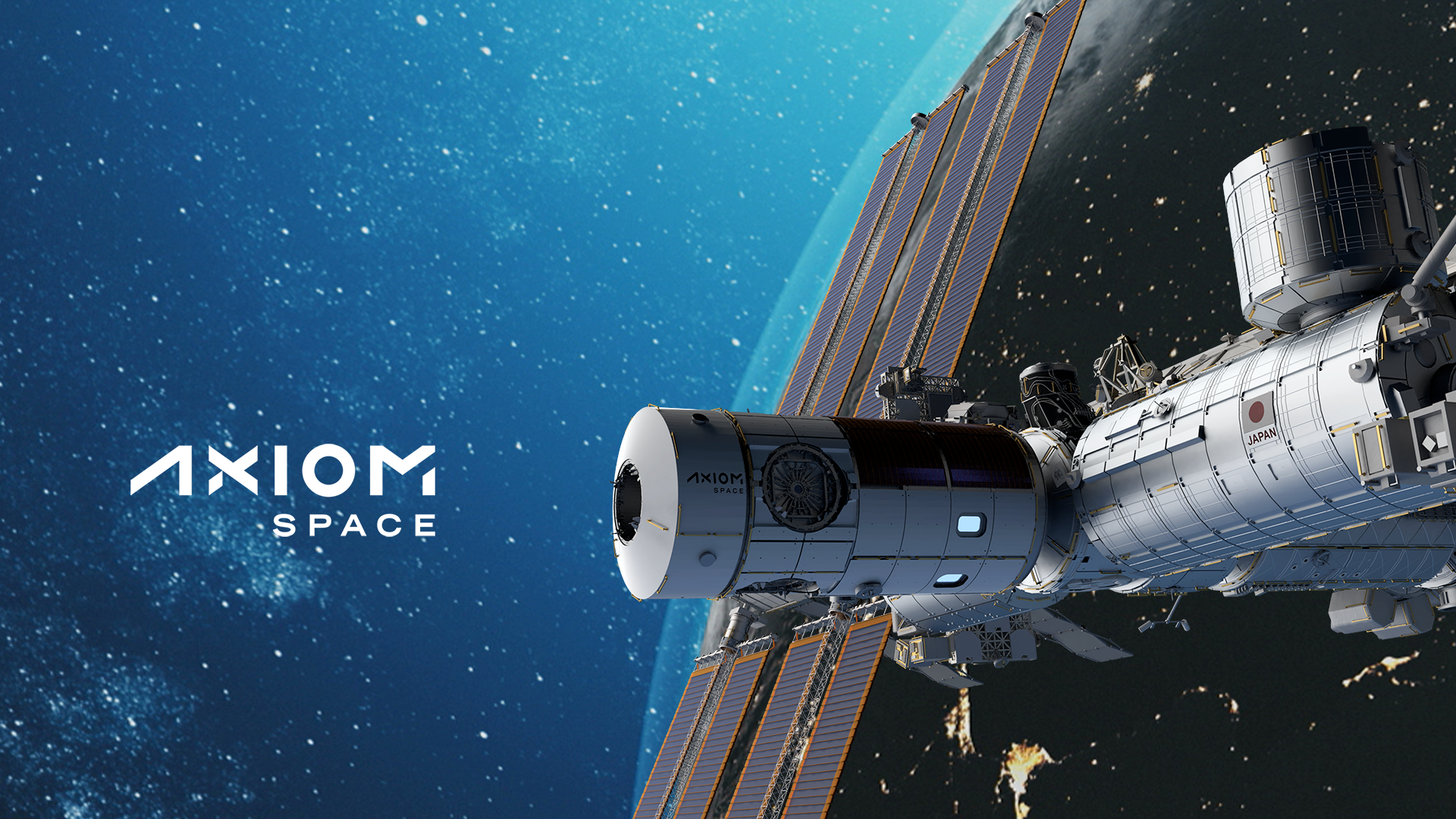Axiom Space’s Ax-2 mission signifies a significant milestone in our understanding of the effects of the space environment on human stem cell aging, inflammation, and cancer. Axiom Space, a leading private space habitat company, has successfully launched their latest mission, Axiom Mission 2 (Ax-2), to the International Space Station (ISS). The primary objective of this mission is to conduct experiments focusing on human stem cell aging, inflammation, and cancer in the unique microgravity environment of space. The valuable insights gained from these experiments will not only contribute to the well-being of astronauts but also have the potential to advance cancer treatment techniques here on Earth.
The Impact of Microgravity on Aging, Inflammation, and Cancer Research has revealed that microgravity conditions in space can accelerate the aging process, promote inflammation, and cause immune dysfunction in human stem cells. By delving deeper into these mechanisms, we can significantly enhance our understanding of cancer and develop strategies to improve treatment approaches.
Investigating Inhibitory Drugs for Breast Cancer As part of the Ax-2 mission, Axiom Space will be investigating the potential of two inhibitory drugs to reverse regeneration in an organoid model of breast cancer. This experiment aims to shed light on potential strategies to inhibit the growth and progression of cancer cells, offering new avenues for effective cancer treatment.
Evaluating the Effects on Blood Stem Cells Another crucial set of experiments planned for Ax-2 involves monitoring the health of astronauts’ blood stem cells before, during, and after spaceflight. This research aims to assess the impact of the space environment on stem cell aging, immune function, and the generation of cancer stem cells. By understanding these effects, we can develop interventions to mitigate the negative consequences and promote healthier aging processes.
Collaboration and Funding The experiments conducted during Ax-2 are part of the Integrated Space Stem Cell Orbital Research (ISSCOR) Center, funded by NASA. This collaborative effort involves the University of California-San Diego Sanford Stem Cell Institute, the JM Foundation, and Axiom Space. The data collected during the mission will be thoroughly analyzed at the University of California, San Diego, contributing to the broader scientific community’s knowledge.
Enhancing Our Understanding of Cancer Evolution and Immune Dysfunction According to Professor Catriona Jamieson from UC San Diego School of Medicine, space provides a uniquely stressful environment for studying cancer. Conducting these experiments in low Earth orbit enables researchers to observe the evolution of cancer within a compressed timeframe. The findings from these experiments will inform the development of new strategies to inhibit cancer stem cells and advance predictive models for cancer and immune dysfunction-related diseases.
Implications for Space Exploration and Earth The knowledge gained from Ax-2’s experiments not only benefits space exploration but also holds immense promise for improving healthcare on Earth. The development of new drugs to prevent or treat cancer and immune dysfunction-related conditions can have a profound impact on both space exploration and medical advancements on our home planet.
Axiom Space’s Commitment to Advancing Research Christian Maender, Executive Vice President of In-Space Solutions at Axiom Space, emphasizes the company’s unwavering dedication to advancing this crucial work. Axiom Space’s private astronaut missions align with the goals of the White House Cancer Moonshot initiatives, demonstrating their commitment to improving life on Earth while also fostering possibilities beyond by building and operating the world’s first commercial space station.





